

Source: Xinhua News Agency, copyright belongs to the original author. Please contact us if there is any infringement.
Today, we invite an expert to discuss the constitution that is prone to cancer.
Phlegm-Damp Constitution

Dr. Yang Zhong, Chief Physician
Beijing Traditional Chinese Medicine Hospital, Capital Medical University
What is Phlegm-Damp?
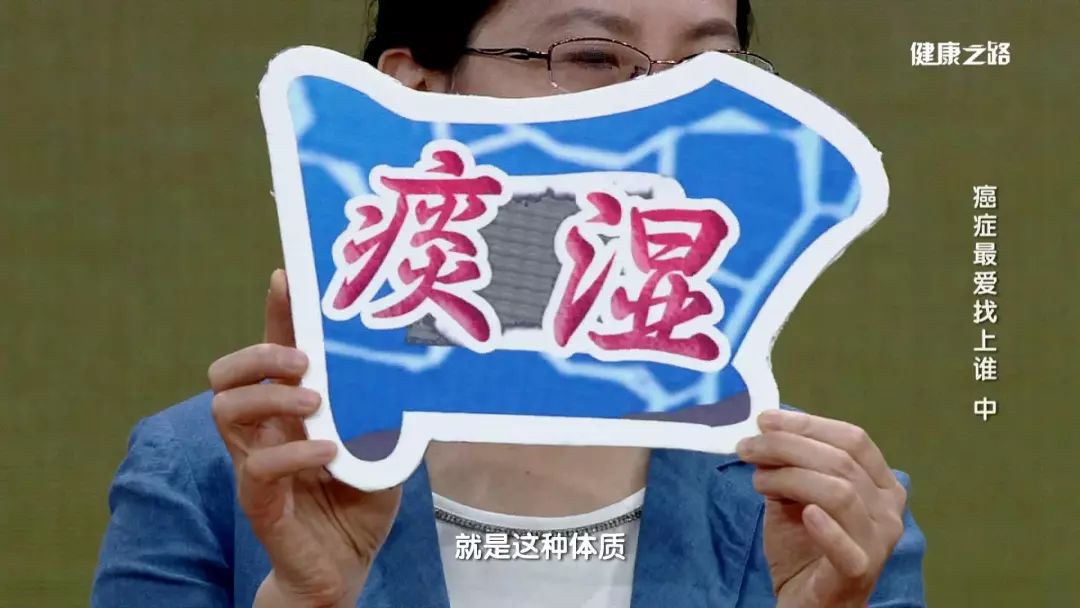
Phlegm-Damp is a concept in Traditional Chinese Medicine (TCM). “Phlegm” can be divided into tangible phlegm and intangible phlegm. Tangible phlegm can be understood as the phlegm produced during coughing, while TCM usually refers to intangible phlegm.
Seventy percent of the human body is composed of water, referred to as jinye (body fluids) in TCM. It transports nutrients to various parts of the body while also removing waste from the body.
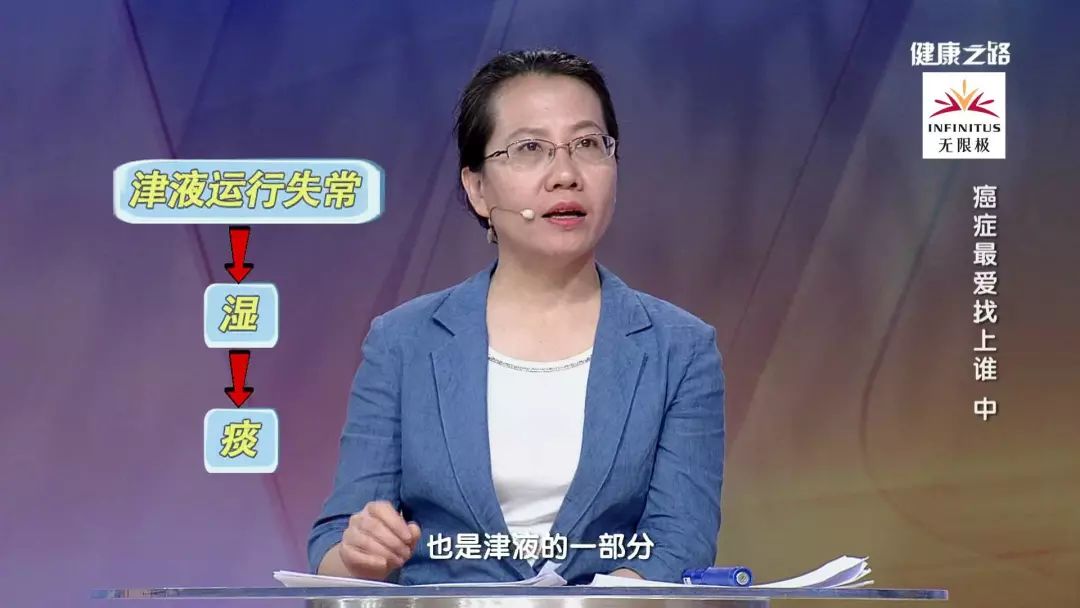
If the circulation of jinye is disrupted, it will first lead to dampness. When dampness cannot be properly transformed and evaporated into jinye, it will form phlegm. Therefore, the essence of phlegm-damp is a part of jinye, but it emerges in a pathological state.
Expert Reminder
The characteristics of phlegm-damp: Phlegm-damp is a condition that affects the entire body. It manifests as heavy and sticky, and once formed in the body, it is difficult to remove. If it persists for a long time, it may lead to malignant changes. Phlegm-damp is closely related to the occurrence and development of tumors.
Individuals with a phlegm-damp constitution are prone to gastrointestinal tumors, colorectal cancer, lymphoma, and brain tumors.
2. How to Identify Phlegm-Damp?
1) Observe Obesity

Normal individuals do not feel bloated in the abdomen and do not experience significant discomfort.
In individuals with a phlegm-damp constitution, obesity is characterized by a soft and full abdomen, with a feeling of heaviness.
2) Observe Stool
Individuals with a phlegm-damp constitution often have sticky stools.

3) Observe Tongue
Individuals with a phlegm-damp constitution typically have a thick and greasy tongue coating and may experience a bitter taste in the mouth.
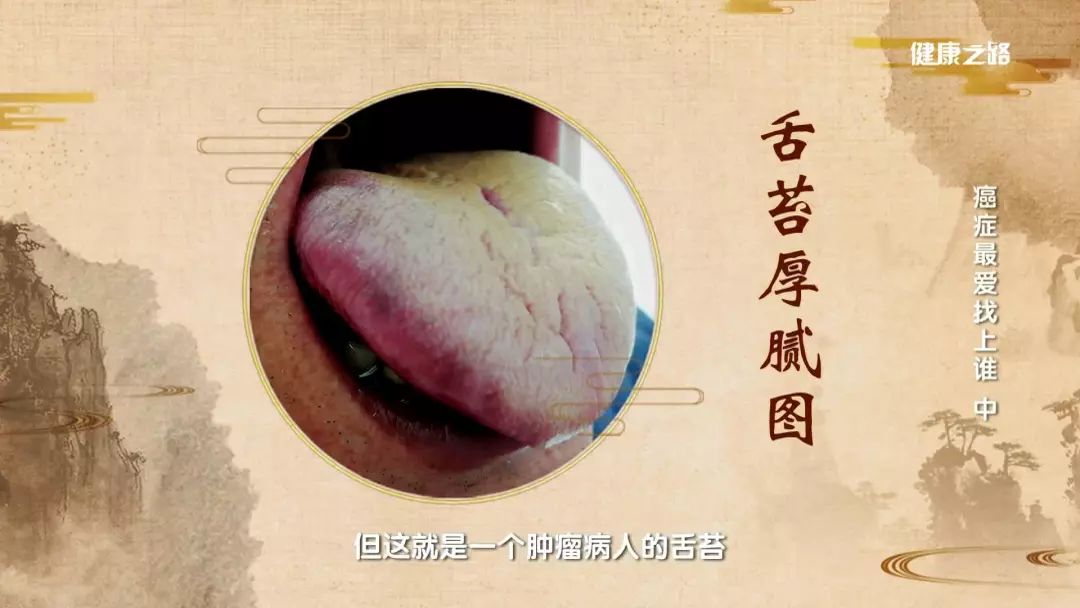
3. Causes of Phlegm-Damp Constitution
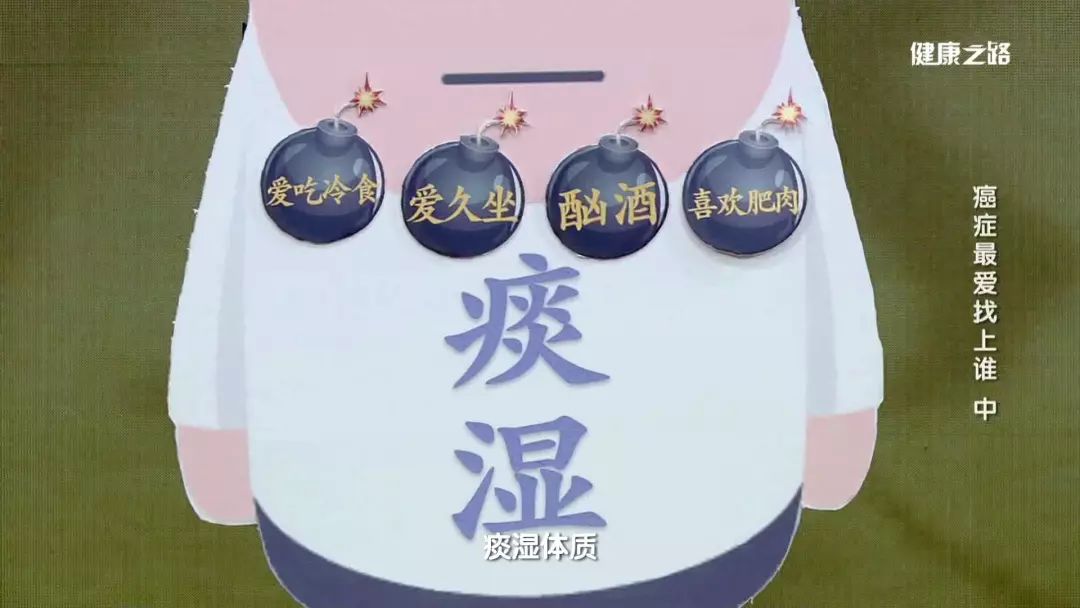
1)Love for Cold Foods: Long-term consumption of cold drinks harms the spleen and stomach, primarily damaging the spleen yang. When the spleen’s function weakens, the circulation of jinye is disrupted, leading to phlegm-damp;
2)Prolonged Sitting: Movement promotes yang. Normal circulation of qi and blood requires movement; prolonged sitting harms spleen yang, resulting in phlegm-damp;
3)Alcohol Abuse: Alcohol is considered a rich flavor in medicine. Rich and fatty flavors are most harmful to spleen yang. Long-term alcohol abuse can weaken spleen yang, disrupt jinye, and lead to phlegm-damp;
4)Excessive Consumption of Fatty Meat: Regular consumption of fatty meat harms spleen yang, leading to the development of a phlegm-damp constitution over time.
4. How to Prevent Phlegm-Damp?
1) Ensure Adequate Sleep

2) Maintain Regular Exercise

3) Pay Attention to Diet
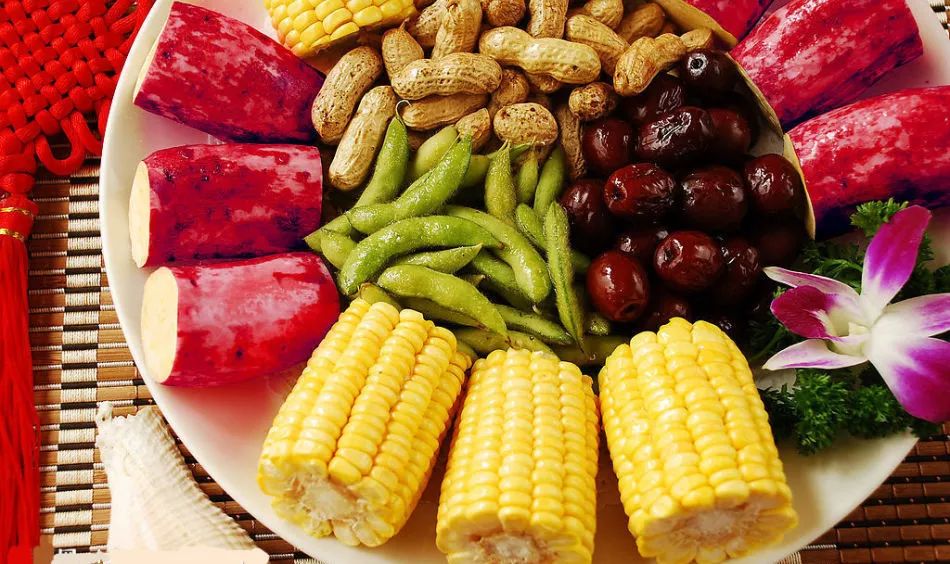
4) Control Emotions

5) Use Herbal Teas to Transform Phlegm and Eliminate Dampness
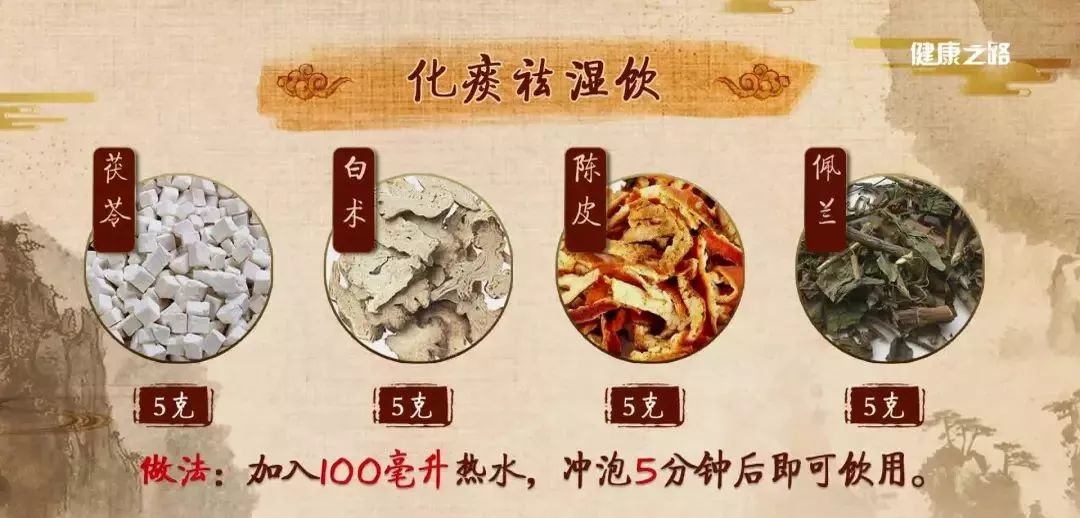
The root cause of phlegm-damp is spleen deficiency. Fu Ling (Poria), Bai Zhu (White Atractylodes) strengthen the spleen, while Chen Pi (Dried Tangerine Peel) and Pei Lan (Eupatorium) eliminate dampness. If you have symptoms of phlegm-damp such as obesity, thick greasy tongue coating, and sticky stools, you can use this simple formula for self-regulation.


Seek Medical Attention Promptly, Be Aware of Phlegm-Damp!

